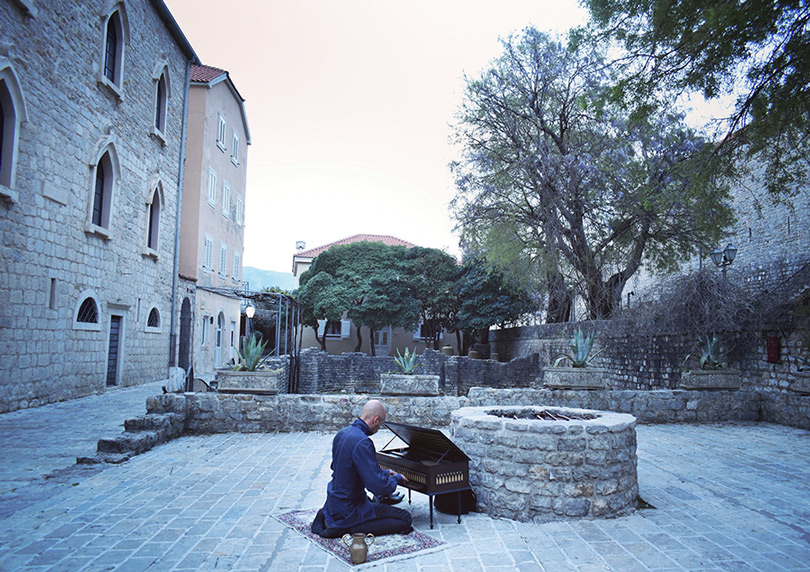Anastasia Galimova
Anastasia Galimova is a researcher and artist from Tashkent, Uzbekistan, based in Brno, Czech Republic. Anastasia describes her work through words taken from Shamshad Abdullaev's essay "A View on Poetic Reality," fragments of which she mixes with her own reflections and reproduces from memory.

*A quarter — 5 years of my life, when I was taking photos, I never imagined someone else would see them.
Not long ago, I was reminded of two things I've loved since childhood — walking and watching people. This memory sharpened my focus on anthropology, urban studies, and visual art.
Not long ago, I was reminded of two things I've loved since childhood — walking and watching people. This memory sharpened my focus on anthropology, urban studies, and visual art.
QUARTER
Memories are what I continuously inherit from myself, a legacy that can be lived over and over. I regard the gathering of memories as continuous, laborious work, which is essential for me.
This series of photographs, taken over the last five years, was chosen entirely based on intuition.
This series of photographs, taken over the last five years, was chosen entirely based on intuition.
In photography, she strives to capture a sample of reality that flows and disappears. She chooses it not because it possesses spiritual, ethical, philosophical, social, or historical significance but obeying a random initial impulse (what Pasolini articulated as "an indecisive and tender love for a certain piece of reality"). The flight of a wasp, crumpled steel, a goose, a typo left in the fist, noon, sofas opening their mouths frog-like, a daybed in the shadow, fog, chairs — "all these signs insist on the uniqueness of what is flowing right now, precisely at this moment of a fleeting slice of life..."



My love for Tashkent is a vast collection of life-long images gathered during Sunday trips with my dad to the Alay bazaar, on my way home from school, and summers at my grandmother's mahalla "Uzgarysh''. Also significant is the location of the house where I lived — a nine-story panel building on the right side of the Anchor Canal in the Shaykhantahur district, a ten-minute walk from the Chorsu bazaar.
At the Alay, events always unfolded rapidly and vividly: boys with arava dashed from side to side in search of customers, vendors offered tastes of everything they had, and one could grab a non to have breakfast right there at the bazaar. These memories are partly seen as a vivid ethnographic observation, especially since, over the years, my dad and I have developed a shopping route and have regular vendors for potatoes, cheese, meat, and fish.
At the Alay, events always unfolded rapidly and vividly: boys with arava dashed from side to side in search of customers, vendors offered tastes of everything they had, and one could grab a non to have breakfast right there at the bazaar. These memories are partly seen as a vivid ethnographic observation, especially since, over the years, my dad and I have developed a shopping route and have regular vendors for potatoes, cheese, meat, and fish.

